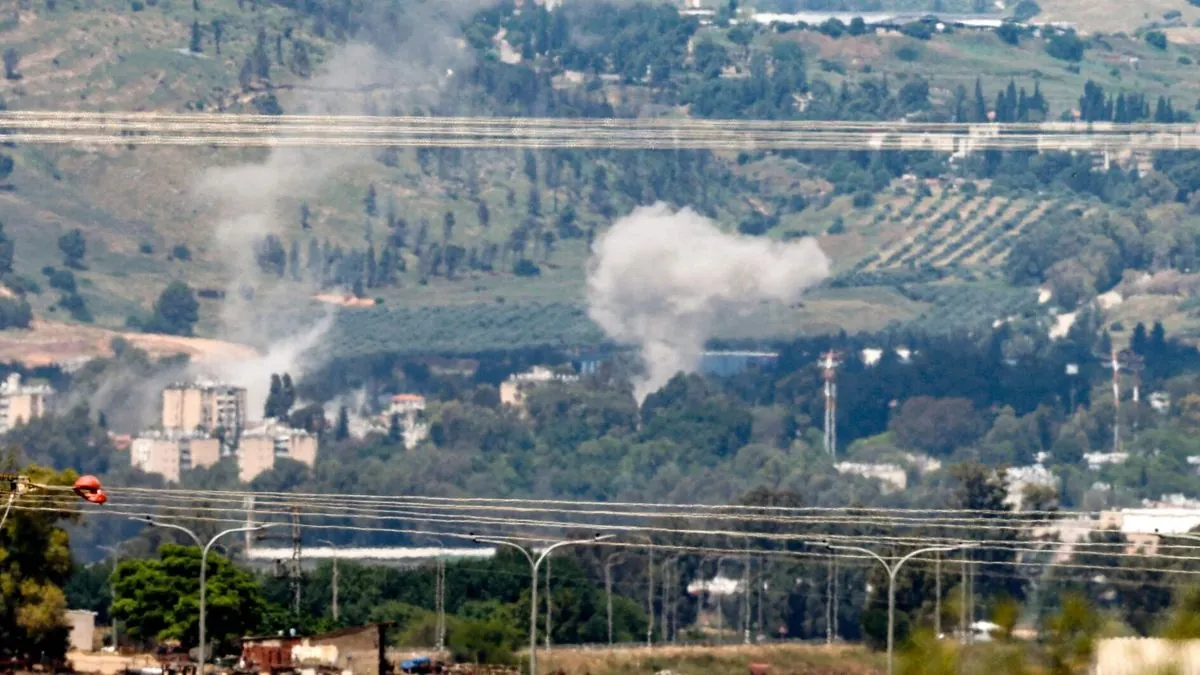The Middle East is experiencing heightened tensions as Iran and its proxies intensify their aggressive actions against Israel. The recent missile barrage launched by Hezbollah from southern Lebanon represents a significant escalation in the ongoing conflict, underscoring the growing threat posed by Iran and its affiliated groups in the region.
Hezbollah, a Lebanon-based militant organization founded in 1985, has been a long-standing proxy of Iran. Over the past four decades, Tehran has provided substantial financial and military support to Hezbollah, enabling the group to amass a significant arsenal of rockets and missiles near the Israel-Lebanon border. This support is part of Iran's broader strategy to extend its influence across the Middle East and challenge Israel's existence.
The recent missile attacks by Hezbollah are believed to be in retaliation for the assassinations of terrorist leaders in Tehran and Beirut. These strikes represent the most substantial assault on Israel from Lebanese territory since the conflict began. Israel's military intelligence had anticipated this attack and conducted pre-emptive airstrikes against Hezbollah targets in Lebanon. Despite these efforts and the deployment of the Iron Dome defense system, which became operational in 2013, some damage was reported within Israel.
Iran's strategy of using proxies like Hezbollah and Hamas to attack Israel while avoiding direct involvement has been a consistent pattern. This approach allows Tehran to maintain plausible deniability and avoid potential retaliatory strikes on its own soil. The regime's justification for not launching a direct attack, citing ongoing ceasefire talks in Cairo, is viewed by many as a form of blackmail.
The current situation is reminiscent of past conflicts, such as the 2006 Lebanon War, which was a major confrontation between Hezbollah and Israel. The ongoing Syrian Civil War, which began in 2013, has further complicated regional dynamics and increased Iran's influence.
"The UK government is very concerned about the Israeli airstrikes and calls for restraint to avoid a major regional war in the Middle East. This is a real danger."
While some international observers have called for a "proportionate response" from Israel, it is crucial to recognize that the presence of heavily armed militias on Israel's borders, intent on its destruction, has been a long-standing reality. The Abraham Accords, signed in 2020, which normalized relations between Israel and several Arab states, have changed regional dynamics but have not resolved the underlying tensions with Iran and its proxies.
As the situation continues to evolve, it is imperative for the international community to address the root cause of the conflict: Iran's aggressive policies and support for terrorist organizations. The ongoing tensions highlight the need for a comprehensive approach to regional stability that goes beyond short-term de-escalation efforts and addresses the fundamental issues driving the conflict.
